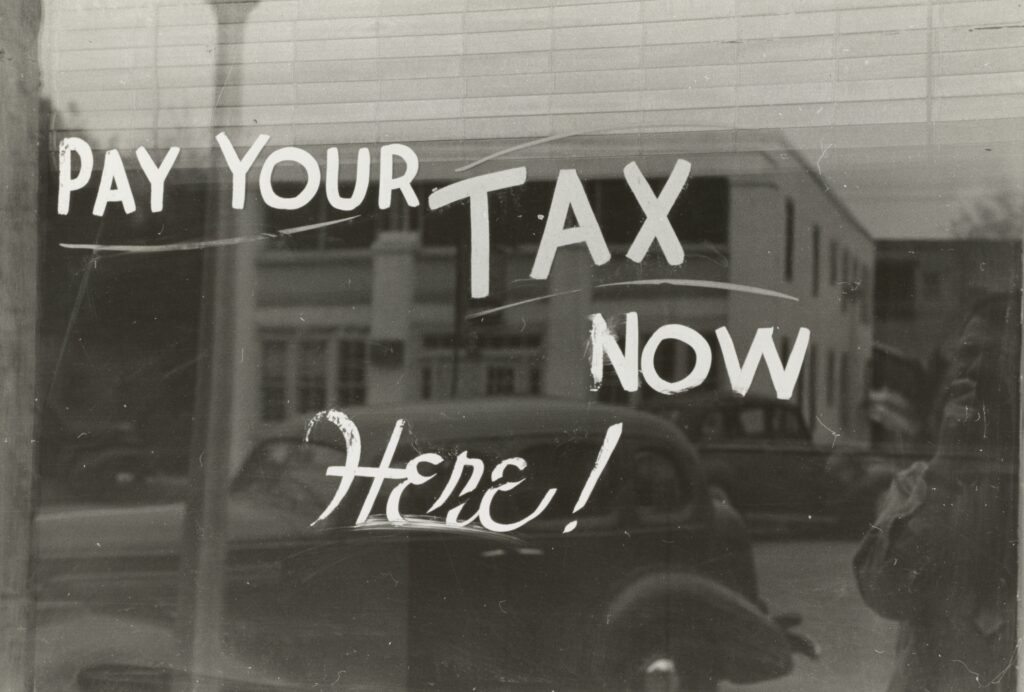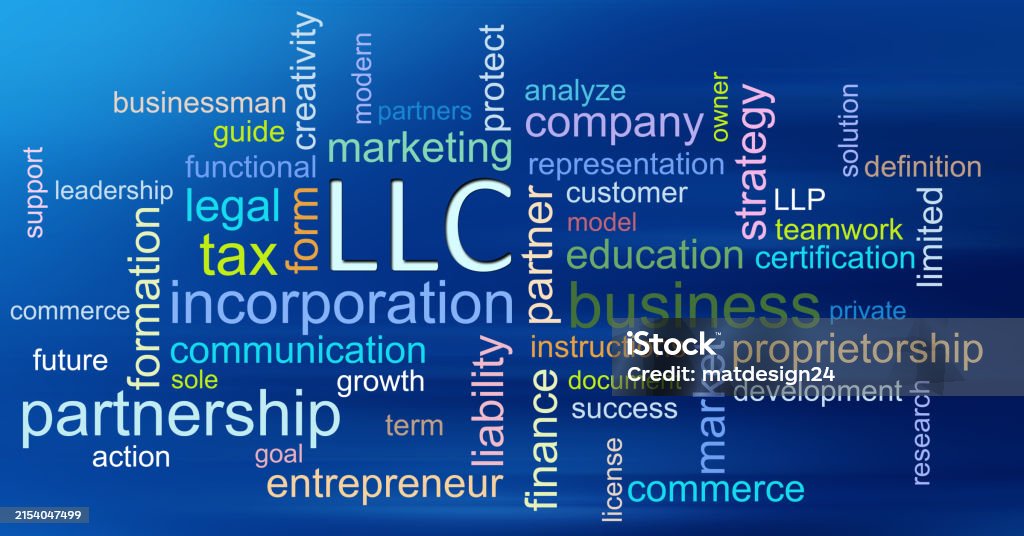In Côte d’Ivoire, taxes serve as the foundation for national growth and provide more than simply government money. Taxes are essential to the advancement of the nation since they pay for everything from infrastructure and roads to hospitals and schools. The tax system of Côte d’Ivoire will be examined in this post in a very interesting and kind manner.

The heart of Côte d’Ivoire’s tax system
Consider a huge communal pot in which each person makes a small contribution to ensure the prosperity of the entire nation. In Côte d’Ivoire, taxes operate just like that. They guarantee that everyone has access to basic services including security, healthcare, and education. The government wouldn’t have the funds to invest in public amenities, preserve stability, or promote economic progress if taxes weren’t collected. The purpose of the tax system is to balance the government’s revenue with reasonable payments from both people and corporations. Even though it can seem like a chore, paying taxes is a responsibility that keeps the nation running.
Direct taxes
The most personal type of taxation is direct taxation, which is felt in your pay cheque or business profits. To ensure that people with higher incomes contribute more, the Personal Income Tax (PIT) is withheld directly from salaries depending on earnings. Companies are also required to pay their fair share of the Corporate Income Tax (CIT), which is levied on earnings. To ensure that wealthy people make equitable contributions to the economy, there is also a wealth tax. By establishing a framework where everyone contributes to the advancement of the country, these taxes function as a direct handshake between the government, corporations, and citizens.
Indirect taxes
Certain taxes follow every transaction yet are frequently overlooked, much like shadows. One such tax is the Value-Added Tax (VAT), which is levied at a regular rate of 18% on the majority of products and services. You contribute to the government’s budget each time you purchase a mobile phone or a loaf of bread. Additionally, there are excise taxes on goods like petrol, alcohol, and tobacco that are used as instruments to control consumption as well as sources of income. To safeguard domestic industries, customs taxes are imposed on imported items. We seldom ever recognize how these unsung heroes influence the economy.
Corporate taxation
In Côte d’Ivoire, operating a business has a unique set of tax requirements. With a standard rate of 25%, the Corporate Income Tax (CIT) makes sure businesses support the expansion of the country. Not only that, but companies also have to deal with withholding taxes on payments made to service suppliers and workers. The Tax on Industrial and Commercial Profits (BIC) makes sure that both domestic and international businesses pay their fair share. Although these responsibilities may appear to be obstacles, in the end, they provide an atmosphere in which businesses may prosper thanks to social services, infrastructure, and security.
Social contributions
Côte d’Ivoire features a system of social contributions in addition to standard taxes that are intended to give workers protection. A portion of salaries is contributed by both employers and employees to unemployment insurance, pensions, and health insurance. Consider it a system that sets away a percentage of current income for future needs, akin to a safety net. These payments guarantee that workers will have financial help during hard times, be able to retire with dignity and get medical care when necessary. These payments represent a long-term investment in social stability and well-being, even if nobody likes seeing deductions on their paycheque.
Tax evasion and compliance challenges
There will always be people attempting to evade taxes wherever they exist. In Côte d’Ivoire, tax evasion is a significant problem, with some companies and individuals turning to the black market to evade paying taxes. Through digitization, more stringent enforcement, and incentives for firms to formalize, the government is aggressively attempting to increase tax compliance. Some people intentionally avoid taxes, undermining the nation’s revenue structure, while others do it because they are struggling financially. Creating an equitable system where everyone contributes by their means is more important than merely enforcing fines to combat tax evasion.
Conclusion: Taxes as a pillar of progress
Fundamentally, Côte d’Ivoire’s tax system is about shared responsibility—a group endeavor to finance national development. Even though nobody likes paying taxes, their influence cannot be denied. They support healthcare, finance education, construct roads, and keep the peace. Economic stability and equity are guaranteed by a well-designed tax system, which enables Côte d’Ivoire to develop and thrive. The objective is still the same as the nation continues to improve its tax laws: to establish a system that is both effective and fair, guaranteeing a brighter future for all.
You may also find these articles helpful
Taxes in the United Arab Emirates
Types of legal business structures in Côte d’Ivoire




